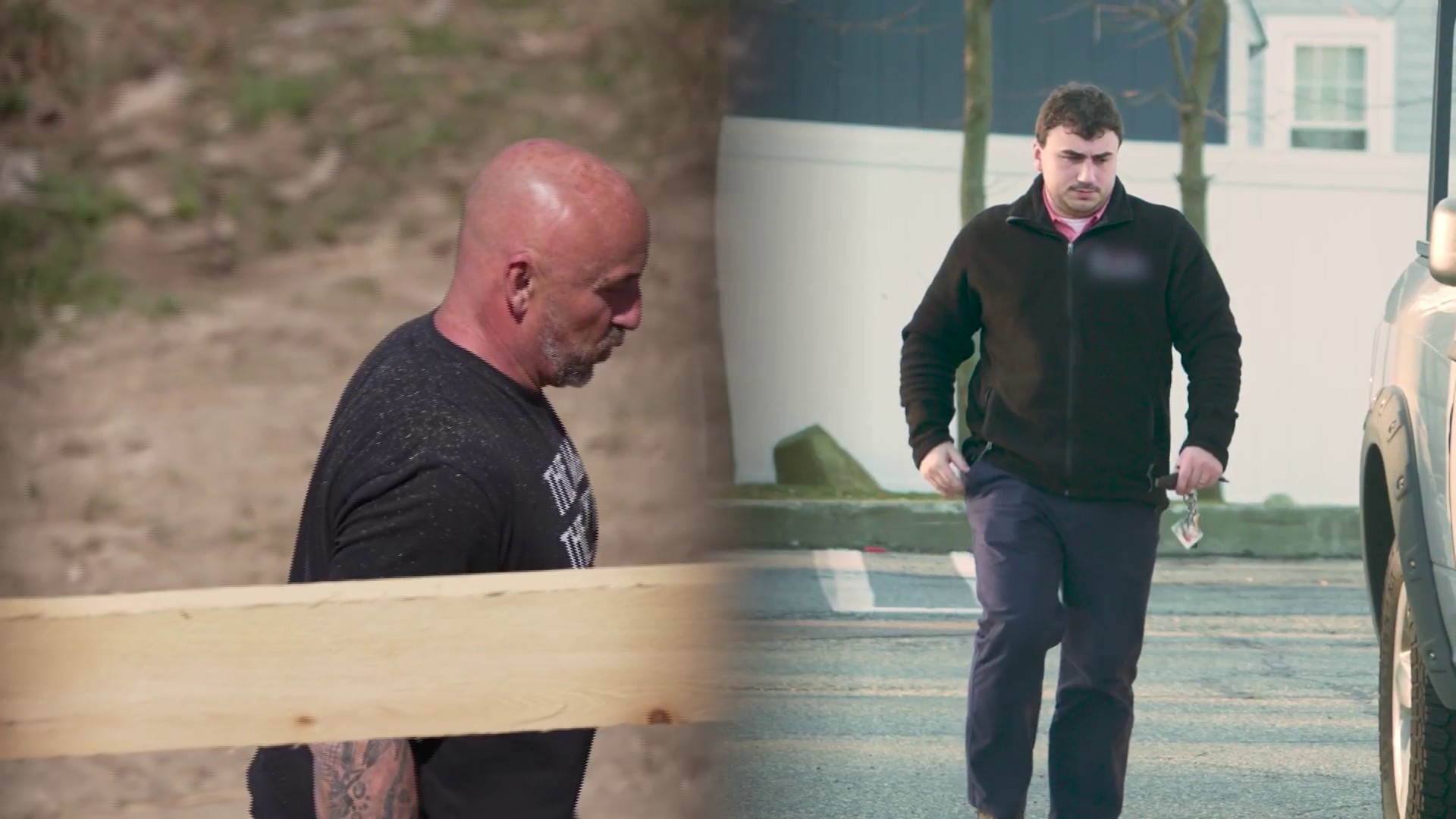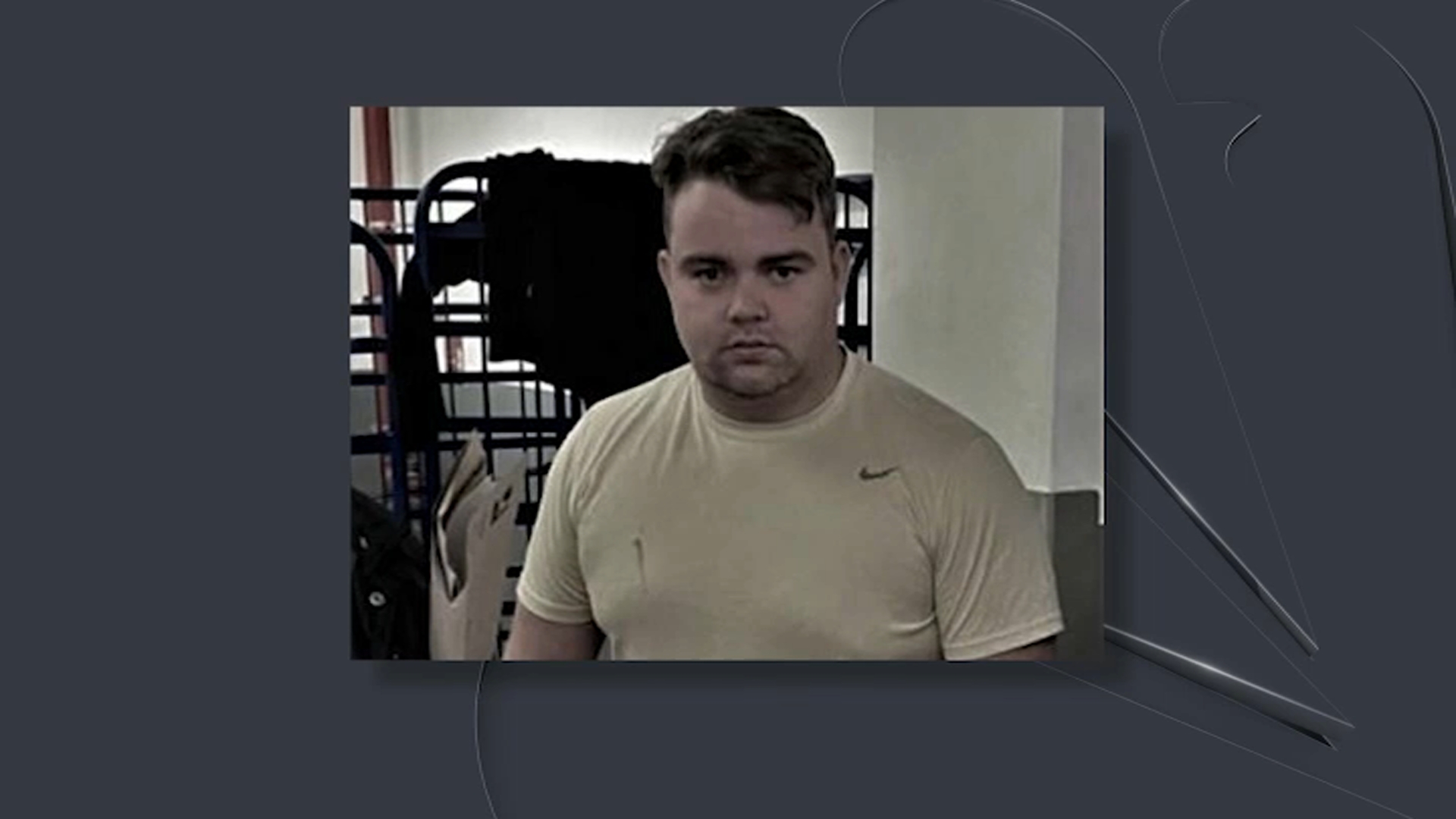The branch of the U.S. Department of Justice that polices bankruptcy cases is demanding a slew of financial records and also wants to depose a home improvement contractor and his wife, according to a court filing obtained by the NBC10 Investigators.
The case involves Liam McNeil, a licensed nurse practitioner who had been moonlighting as a contractor running LHS Construction.
As we reported in April, customers accuse McNeil of accepting hundreds of thousands of dollars in payments, then trying to get the debts on the unfinished projects wiped away by bankruptcy.
Some of the alleged victims even include doctors and nurses who worked with McNeil.
“He pulled a fast one on me,” said Jen Rowan, a nurse who hired McNeil for a six-figure addition at her Weymouth home. “Where’s the money?”
Following our reporting, it turns out the U.S. Trustee is now asking a similar question.
According to a recent court filing, the U.S. Trustee is ordering McNeil to provide a list of financial records, including bank account statements and tax returns.
Have a tip for the NBC10 Investigators? Email us at tips@nbcboston.com.
The filing also indicates the federal government plans to depose McNeil and his wife. According to the DOJ, the initial review of documents provided by McNeil show “an intermingling of business, personal, and household funds.”
“They want to follow the money,” said bankruptcy attorney Joshua Burnett, who reviewed the court documents. “The question becomes, ‘What did you spend it on?’ Was it on personal things? Is it hiding somewhere? Is it under the proverbial mattress?”
More from To Catch a Contractor
Burnett said the U.S. Trustee will pay particular attention to the weeks leading up to the bankruptcy filing, when several customers told us the contractor was still asking for and accepting payments on their projects.
“Most people don’t decide to wake up one day and decide to file bankruptcy,” Burnett said.
As we previously reported, McNeil struggled to provide specifics to customers about how he spent their funds during a recorded bankruptcy call with his creditors.
McNeil also said he did not decide to file bankruptcy until the night before he sent out letters to homeowners.
“Even two days before that, or a day before that, I really was pretty much oblivious to the fact that my company was egregiously failing financially,” McNeil said on the call.
Bankruptcy filings show McNeil owes somewhere between 50 to 100 people, including homeowners, subcontractors, vendors and former employees. The debts also include a slew of credit cards and lines of credit.
State records show McNeil incorporated the construction business in September 2021.
When we caught up to McNeil last month to get an explanation, he remained vague about what went wrong.
“I feel horrible about the whole thing. It’s not why I started a business,” McNeil said. “Just way in over my head, really. Just wasn’t good at it.”
Earlier this month, we discovered how McNeil’s father had an extremely similar scenario play out when he operated a contracting business while working as a Randolph firefighter.
We reached out to McNeil’s bankruptcy attorney, Marques Lipton, to ask about the added scrutiny from the U.S. Trustee.
“Mr. McNeil is fully cooperating with the US Trustee's requests for additional information,” Lipton said. “I do not anticipate any subpoenas will be issued as Mr. McNeil has voluntarily provided the information requested.”
According to the filing, McNeil has to provide all documents by the end of next week. Both he and his wife are ordered to schedule their depositions in June.
A handful of people are filing legal challenges that their debts should not be discharged, including homeowners and former employees of LHS Construction.
If McNeil’s bankruptcy is denied, it means creditors could still try to collect on their debts. The U.S. Trustee’s investigation could also identify additional assets that could help pay people back.
“If you follow the money and it goes right where it should go, you don’t have anything to be worried about,” Burnett said. “But if you follow the money and it points toward you personally, then I think you do have something to worry about.”




